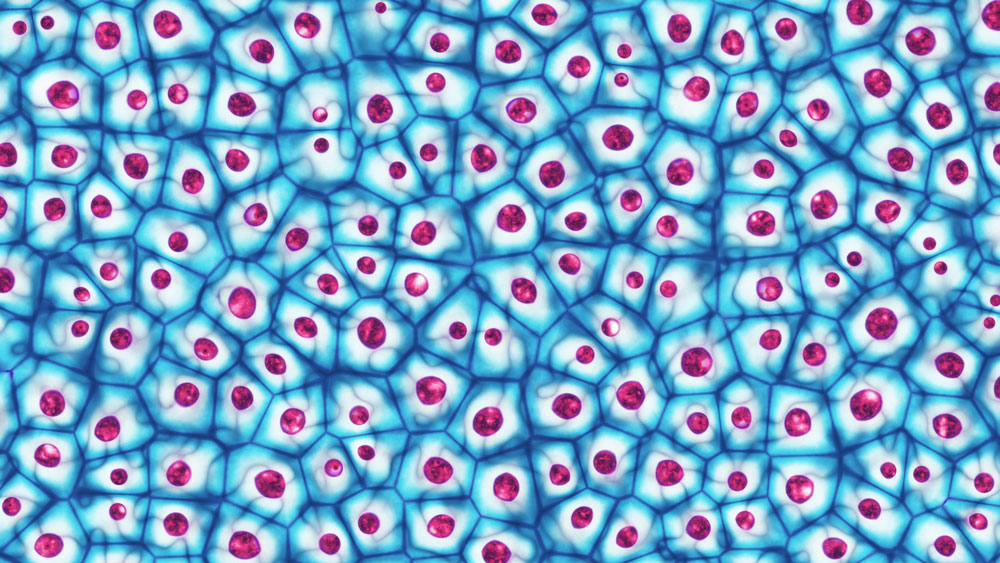Drop off your CV/Resume
We'd love to hear from you. Send us your CV/Resume and one of our team will be in touch.
In the EU, a rare disease is defined as one affecting less than 1 in 2000 people, and in the...

In the EU, a rare disease is defined as one affecting less than 1 in 2000 people, and in the US, as affecting fewer than 200,000 people. By those definitions, there are more than 7,000 recognised rare diseases, affecting a total of 300 million people worldwide. But, the majority of these rare diseases currently have no cure.
Why? Rare diseases are not only notoriously difficult to diagnose, but because each disease (by definition) only affects a small population, it's difficult to recruit enough patients for clinical trials. Therefore, developing new therapies has historically been incredibly problematic and, in many cases, financially unfeasible.
So, on the 13th International Rare Disease Day, we're asking, is the market changing?
Awareness of rare diseases has grown considerably in recent decades, and this newly found interest has stimulated growing investment in treatments, known as orphan drugs.
A key market stimulant has been the implementation of legislation to promote the development and commercialisation of orphan drugs. In the United States, Congress passed the "Orphan Drugs Act" in 1983, followed by the "Rare Disease Act" in 2002 and finally "Breakthrough Therapy" designation in 2016; in Europe, the "Orphan Regulation" was introduced in early 2000; and in the United Kingdom an additional "Strategy for Rare Diseases" was published in 2013.
Incentives offered include tax credits, R&D grants, the waiver of future fees, a reduction in the number of patients needed for trials, and extended exclusivity periods. For example, In the EU, orphan drug designation provides market exclusivity of ten years for the approved product, whilst in the US it's seven years.
Additionally, designated orphan drugs may also be considered for the FDA's accelerated approval pathway or EMA's conditional approval, accelerating the development process. These pathways not just limited to rare disease treatments, as we've seen with the acceleration of Coronavirus treatments.
According to Pharma Intelligence'sIntelligence's 2014 paper, these incentives have had the desired effect, with the number of approved treatments for rare diseases rising from 10 to over 400 by 2011.
But it's not just the incentives that are changing the Rare Disease space.
Rapid progress in genomics and biomedical science over the past two decades means that rare diseases' molecular basis and pathophysiology are much better understood. This provides companies with a "roadmap" to develop drugs so rare diseases can be targeted effectively. Today, the genetic aetiology of 4,500 diseases is known, compared to 50 such conditions 20 years ago.
Amplified against the current Life Sciences backdrop, as the "blockbuster bubble" bursts, patents expire, and generic competition increases, biotech & pharma companies have been forced to shift their focus, diversify their pipelines and move into niche markets.
The high unmet needs of this space mean it's unsaturated yet high-value, providing a rich return on investment - no wonder companies like BMS, Roche (Genentech), Alexion, J&J, Biogen and Takeda (the key players identified in M&R's 2025 Rare Disease market forecast) are prioritising drug development for rare congenital and genetic diseases.
However, despite the long-standing initiatives for orphan drugs, and scientific progress, barriers in the development and approval of orphan drugs still exist; in many indications, patients' needs are yet to be adequately addressed.
So we continue to support Rare Disease Day on the last day of February each year, and we celebrate all of our candidates and clients working in the Rare Disease space for their life-changing work!